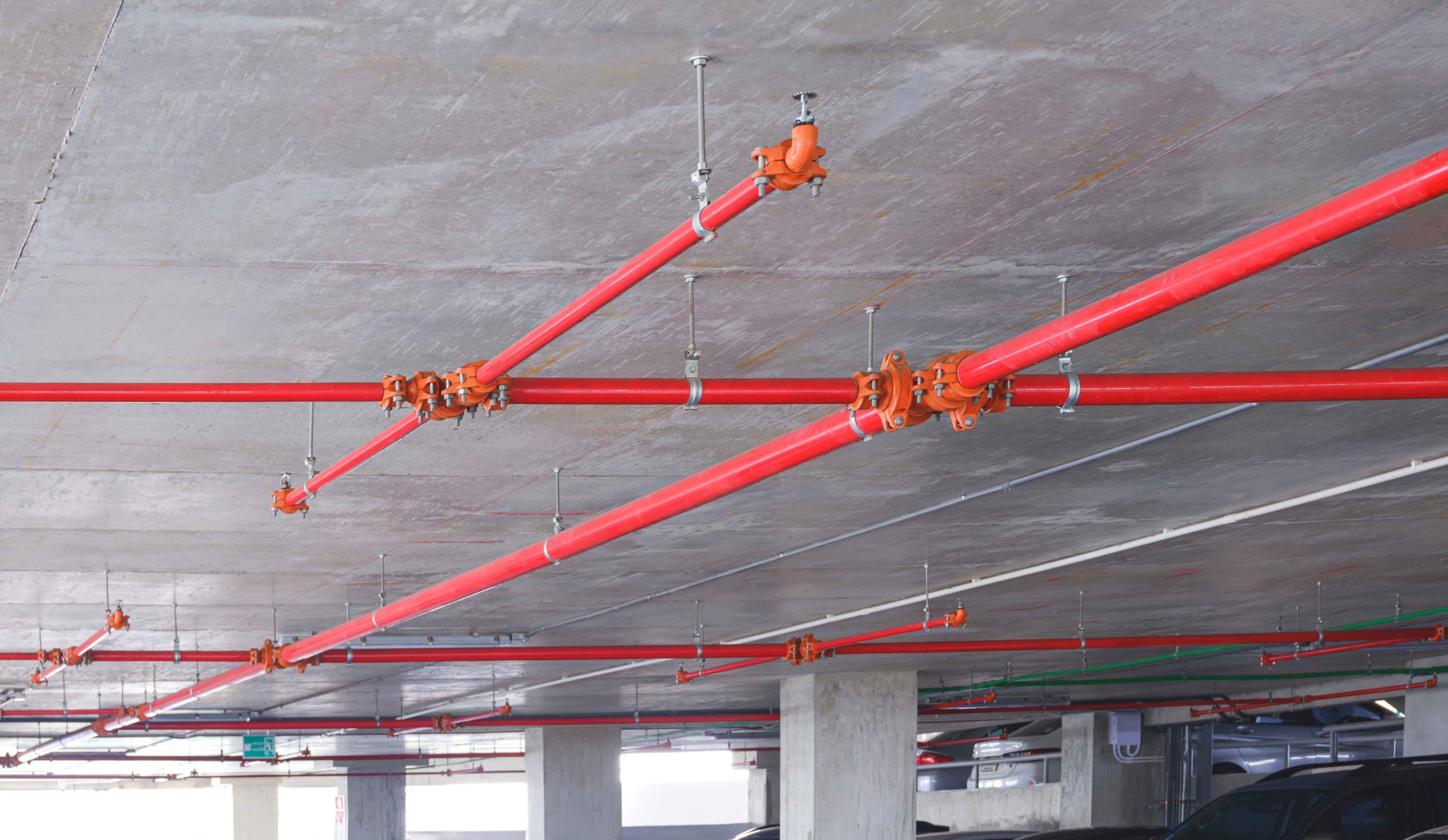What is Fire Protection Engineering?
Fire protection engineering is a specialized branch of engineering focused on the prevention, detection, and mitigation of fires. It involves designing and implementing systems and strategies to minimize fire risks and protect lives and property. Fire protection engineers work with a range of technologies, from fire suppression systems and smoke detectors to fire-resistant materials and building codes.
This field encompasses multiple disciplines, including mechanical engineering, civil engineering, and chemical engineering. Fire protection engineers are responsible for assessing potential fire hazards in various settings, from residential buildings to industrial facilities. They design fire safety systems that align with safety regulations and ensure compliance with fire codes.
Additionally, fire protection engineering involves the study of fire behavior to understand how fires start, spread, and can be controlled. This knowledge is crucial for developing effective fire prevention measures and designing fire-resistant structures. Fire protection engineers also work with emergency responders to develop evacuation plans and coordinate fire response efforts.
Why Learn Fire Protection Engineering Nowadays?
Learning fire protection engineering is more relevant than ever, given the increasing complexity of modern buildings and the growing need for effective fire safety measures. As urban areas become more densely populated and industrial facilities more complex, fire protection engineers are essential in safeguarding people and property from fire-related risks.
One reason to learn fire protection engineering is its impact on public safety. Fire protection engineers are responsible for designing systems that detect and suppress fires quickly, helping to prevent loss of life and property damage. They work to ensure buildings meet fire safety codes and can withstand various fire scenarios. This is especially crucial in high-rise buildings, hospitals, schools, and other places where safety is paramount.
Another reason to pursue this field is its role in supporting sustainability and green building practices. Fire protection engineers play a key part in ensuring that modern buildings, including those with eco-friendly designs, have effective fire safety systems. This includes integrating fire protection with sustainable materials and energy-efficient systems without compromising safety.
Additionally, learning fire protection engineering provides a wide range of career opportunities. Fire protection engineers can work in consulting firms, construction companies, and government agencies. The field also offers roles in research and development, focusing on new fire-resistant materials and advanced fire detection technologies.
Work in Fire Protection Engineering
Working in fire protection engineering involves a diverse set of tasks, from designing fire safety systems to conducting fire risk assessments and coordinating with emergency services. Fire protection engineers collaborate with architects, building owners, and regulatory agencies to ensure that buildings are designed with fire safety in mind.
A typical day for a fire protection engineer might include reviewing building plans to ensure compliance with fire codes, designing sprinkler systems, and conducting site inspections to assess fire risks. Fire protection engineers also work with smoke control systems and fire alarms to ensure that they function correctly in an emergency. They use advanced modeling software to simulate fire scenarios and determine the best strategies for fire prevention and response.
Fire protection engineers often specialize in specific areas, such as fire suppression systems, fire alarm design, or fire safety consulting. Each specialization has its unique set of challenges and requirements. For example, engineers focused on fire suppression work with various systems, such as sprinklers and chemical fire suppression, while those in fire alarm design focus on integrating alarms with other building systems.
The work environment for fire protection engineering can vary, with engineers spending time in offices, on construction sites, and at existing buildings to conduct inspections. This variety keeps the job interesting and allows engineers to see the direct impact of their work on public safety.
Career progression in fire protection engineering can lead to roles like senior fire protection engineer, fire safety consultant, or fire safety director. With experience, engineers may move into leadership positions, overseeing teams and managing large-scale fire safety projects. Some fire protection engineers also choose to work in academia, teaching and conducting research in fire safety.
Why is Fire Protection Engineering Crucial for Innovation?
Fire protection engineering is crucial for innovation because it addresses the evolving challenges of fire safety in modern buildings and infrastructure. As technology and building practices advance, fire protection engineers must develop new solutions to ensure safety without compromising design or sustainability.
One area where fire protection engineering drives innovation is in the development of fire-resistant materials. Engineers in this field are constantly exploring new materials and coatings that can withstand high temperatures and slow the spread of fire. These innovations are vital for improving the safety of buildings and other structures, especially in high-risk environments like industrial facilities and high-rise buildings.
Fire protection engineering is also crucial for promoting safety in green building practices. As sustainable building designs become more common, fire protection engineers must find ways to integrate fire safety systems without affecting energy efficiency. This requires innovative approaches to fire suppression, smoke control, and fire alarm systems that work seamlessly with eco-friendly materials and energy-saving technologies.


